|
by Rana Asfour Seriously when Bethanne from @dearbookmaven & Hannah Oliver Depp from @loyaltybooks were raving about "When No One Is Watching" by Alyssa Cole on Monday, they were SPOT ON — It. Is. So. Good! —No wonder it was nearly on every list of best 2020 books.
Chilling thriller. Had to continuously stop reading to catch my breath and reassure myself that it’s fiction because EVERYTHING about it felt uncomfortably close to something that could actually happen ‘when no one is watching’. Won’t give details for fear I’d be giving it away. However, the book’s jacket describes it as a thriller in which the gentrification of a Brooklyn neighbourhood takes on a sinister new meaning after a push to ‘revitalise’ the community may be more deadly than advertised, when born & raised Brooklyn resident Sydney Green observes that her neighbourhood seems to change every time she blinks and the neighbours she’s known all her life are disappearing. So, where do people actually go when gentrification pushes them out? In the epigraph, Alyssa Cole quotes W.E.B Bu Bois: ‘One is astonished in the study of history at the recurrence of the idea that evil must be forgotten, distorted, skimmed over...the difficulty, of course, with this philosophy is that history loses its value as an incentive and example; it paints perfect men and noble nations, but it does not tell the truth.’ I feel an imminent film 😎
0 Comments
by Rana Asfour Can’t wait to receive this wonderful book by the very inspiring Alya Mooro to add to my shelves. Her interview with Afikra on this miserably cold & wet Virginia day was nuanced, engaging & really fun.
‘The Greater Freedom’ by Alya Mooro is all about being who you really want to be free from restriction or fear of repercussions. Part memoir & part social exploration, the author talks about the pull she felt growing between two cultures (Arab & British). Through personal experience & interviews with other Middle Eastern women she gives voice to women under pressure to conform to society’s ideals of how a woman should look & behave, what she should want and be. The book was released in 2019. As a follow up the author has recently launched a newsletter entitled ‘The Greater Conversation Newsletter' - a newsletter centring female Middle Eastern experiences. It’s awesome! And if you’re into podcasts, she’s got one of those with co-presenter Nasri Atallah called ‘Bootleg Magic’ by Rana Asfour Here are the eight titles that have caught the interests of the BookFabulous family over & over this month. We’re positive you’ll love them too.
Top shelf (L-R) 1. “A Bed for the King’s Daughter’ by Shahla Ujayli, translated by Sawad Hussein, Center for Middle Eastern Studies, the Univer 2. “We Free the Stars” by Hafsah Faizal, Farrar, Straus and Giroux 3. “Barra and Zaman: Reading Egyptian Modernity in Shadi Abdel Salam’s The Mummy” by Youssef Rakha (Palgrave Pivot) Middle shelf (L-R) 1. “Bride of the Sea” by Eman Quotah, Tin House 2. “A Swim in a Pond in the Rain’ by George Saunders, Random House Bottom shelf (L-R) 1. “Aftershocks” by Nadia Owusu, Simon & Schuster 2. “Burnt Sugar” by Avni Doshi, Penguin 3. “The ardent Swarm” by Yamen Manai, Amazon Publishing by Rana Asfour If you’ve asked yourself a million times over why people vote the way they do with what appears to be little disregard for obvious facts or basic moral values, then "Why Do They Vote That Way?" by Jonathan Haidt is one book you’ll want to pick up. To understand what drives the rift that divides the populace between liberal & conservative the world over, social psychologist Jonathan Haidt has spent 25 years examining the moral foundations that undergird & inform two differing world views: the political left & right who each place different values of importance on order, care, fairness, loyalty, authority & liberty. And how these ingrained moral systems (& their ranking) have deeply estranged conservatives & liberals from one another. This 53-page Vintage Short Penguin Random House is a standalone published excerpt from the author’s 2013 book ‘The Righteous Mind: why good people are divided by politics and religion’ (530 pages) in which he writes about how he developed ‘The Moral Foundations Theory’ to explain “why people in different societies & different social classes often disagree about what is right and wrong” in a bid to understanding “the miracle of human cooperation.” Available ONLY as an ebook. I purchased my copy from Books-A-Million by Rana Asfour I’ve had ‘Darius the Great Is Not Okay’ by Adib Khorram on my radar since it was first published in 2018. Well, thanks to a buddy read with @teachingtheapocalypse I’m loving this tender Young Adult novel about Darius Keller, an American teenager who identifies as ‘a Fractional Persian’ from his mum’s side. The story centres around his first trip to Iran with his sister and parents to meet his grandparents for the first time. It’s published by Penguin Books and has been optioned for film. Darius has clinical depression and trying to explain his medication to his grandparents is proving a problem, for one because he speaks better Klingon than he does Farsi. However, the best part of his visit is when he meets Sohrab, the boy next door, and the two become instant friends. Through this friendship specifically (both have father issues) and being in Iran generally (the family, the sights, the food, & taarof), Darius (aka Darioush) begins to feel that he might be much better than okay. I was one tiny pulsar in a swirling, luminous galaxy of Iranians, held together by the gravity of thousands of years of culture and heritage.” ― Adib Khorram, "Darius the Great Is Not Okay" A tender, heart-squeezing read. As a mum all I wanted to do was reach into the book to give Darius a hug. (Note: all mums will relate to Darius frustratingly starting all his sentences with "Um" 😉) - Seriously though, he’s hilarious, witty, kind, observant and loves Star Trek but "not more than his 8yr old sister." However, as it is a YA novel, I should mention trigger warnings include themes on depression as I mentioned as well as suicidal thoughts, fat shaming, racism and terminal illness. In the afterword author Adib Khorram writes: "In telling Darius’s story, I wanted to show how depression can affect a life without ruling it - both as someone who lives with it, and as someone who loves people living with it." A very special book that should be on everyone’s bookshelf! EXTRAS:
by Rana Asfour Shortlisted for the Saif Ghobash Banipal Prize for Arabic Literary Translation, ‘The Egyptian Assassin’ by Ezzedine C. Fishere is a novel published by Hoopoe & translated from the Arabic by award-winning Jonathan Wright. The 2019 thriller centres around lawyer-turned-terrorist, Fakhereddine, who is catapulted on a mission traversing Cairo, Sudan, Paris and Afghanistan written by a Middle East political insider. Once an idealistic young lawyer, seeking to fight corruption from his modest quarter of Cairo, he is now on the run after a botched attempt on his life. After two years in Paris, extenuating events lead him to a jihadi training camp in Afghanistan where he is transformed into a trained killer while never once losing sight of his goal to return home & seek revenge on those who ruined his life. Here’s what the judges’ panel of the Banipal Prize said of the novel: ‘...Behind the high-octane caper, however, lies a more serious narrative, exploring themes of global politics and finance and of radicalisation in contemporary autocratic states. Fishere’s novel touches on issues of corruption, fundamentalism, fatherly love and the catastrophic effects of violence on the human spirit." Although I didn’t ‘love’ the novel, I do think it’s worth giving it a go. It’s in a genre & style one doesn’t come across often in Arabic lit. That said, I personally found certain parts long, a bit too diary-esque to my liking & certain details quite far fetched even for a fictitious tale. There are two romantic threads in there that I found didn’t sit well with me: one I found close to a stereotypical depiction of women in a 70s Egyptian film (not a compliment by the way) & the other one left me baffled as to its purpose in the story other than to pander to Western expectations of fiction that comes out from the Middle East. For once, I hope I’m wrong on both counts. Read it & let’s talk! by Rana Asfour “Summer Brother” by Japp Robben, trans. from the Dutch by David Doherty. World Editions (288p) - released February 9, 2021 Jaap Robben’s second novel, translated from the Dutch by David Doherty, is the tender tale of the bond between brothers. Set to release February 2021 by World Editions, “Summer Brother” is the tale of thirteen-year-old Brian, who since his parents’ divorce, lives with his odds job, detached dad, Maurice, in a run-down trailer that they rent from two shady brothers Jean and Brown Henri. A new tenant, Emile, has just moved in to the trailer close to Brian’s. Lucien, Brian’s brother, lives in a group home due to congenital mental and physical disability. His unresponsiveness to his brother’s interactions with him represents Brian with conflicting thoughts on whether his brother actually exists beyond the days when he sees him. I don’t think I missed Lucien. He just wasn’t there. It wasn’t like he’d disappeared, more like someone had switched him off. Put him to sleep. Like he dozed off after every visit and dreamt of us all week long. And on Sundays, right before we pulled into the car park, a nurse would wake him up." -- "Summer Brother" by Jaap Robben On an unscheduled visit with Lucien everything takes a turn: Brian’s mum has left on honeymoon without so much as a word to Brian or his dad, Lucien’s facility is being renovated for the summer and management are struggling to find temporary accommodation for him and Brian is smitten by Selma, the nineteen-year-old resident at Lucien’s group home who dances the ‘Belly-Belly’ with him. After much deliberation, and the promise of a monetary reimbursement, Brian’s dad finally agrees to take on Lucien’s month-long care despite his landlords’ re-instated warnings that the place is not fit for any child. As soon as they’re home, Maurice decides to deal with the added burden of Lucien’s presence in the way he deals with all his troubles; by ignoring them completely. And so, to this effect, the task of Lucien’s daily needs is relegated to Brian who is left alone to deal with Brian’s hygiene, nourishment and dispensation of his medication. But, how, questions Brian, is he supposed to know what his brother needs when they can’t communicate? Resourceful and observant, Brian is also instinctively altruistic and constantly laboring to do the right thing. Regarding the task as a chance for him to share precious time with a brother he misses, he puts his heart into his task all the while questioning his father’s ineptitude as a parent, resenting his place in the world as his father’s son and figuring out how he’s going to keep his promise to Selma to visit with her. Can you manage without help?” Quickly, things deteriorate not only for Maurice when his landlords threaten to evict him if he does not pay his accumulating rent, but also with Brian, who, as reliable as ever, nonetheless struggles to juggle his duties between keeping a constant eye on his brother and his guilty feelings when he leaves him alone to visit with Selma, never mind the disastrous consequences that incure. His only possible solace in all this is Emile, who he seems to develop an attachment to but Maurice’s instant dislike of Emile only adds embers to a raging novel headed towards what threatens to be a complete and utter scorcher. “Summer Brother” is on some level a very sad, at times distressing novel not only with regards the harsh world that some teenagers exist in, especially when surrounded by damaged role models specifically and disengaged adults generally, but also on how disability impacts the family system as well as society’s response when it comes face to face with it. The disability can consume a disproportionate share of a family's resources of time, energy, and money, so that other individual and family needs go unmet coupled with the guilt when assistance is required, all contributing to marital homes buckling under the pressure as in the case of Brian’s family. That said, though, the novel is an equally warm, humorous, and deeply affective one in which all the characters feel believable. The writer, and in turn the translator, opts for sparse language and candid humor to handle a novel with sensitive themes centered on disability, sex and even poop-filled diapers, with a respect and a nuance that steers clear of melodrama and stereotype. Readers cannot help but root for Brian and Lucien’s summer and what might prove to be a once in a lifetime chance at creating a shared memory. Despite the shocking end, readers, and this one in particular, are left reminded of the undeniable truth that for love -- a complicated concept in and of itself that people demonstrate differently -- to subsist, the ingredients don’t have to be perfect. “Summer Brother” makes for a perfect Book Club Choice (check out a list of questions by the publisher HERE) Jaap Robben is a poet, playwright, performer, and acclaimed children's author. "You Have Me to Love", his first novel for adults won the 2014 Dutch Booksellers Award, the Dioraphte Prize, and the ANV Award for best Dutch debut. Robben was chosen as one of the featured debut authors at the 2018 Brooklyn Book Festival. "Summer Brother" is a bestseller in the Netherlands and is his second novel. David Doherty studied English and literary linguistics in the UK before moving to the Netherlands, where he has been translating all manner of Dutch texts since 1996. He was commended by the jury of the 2017 Vondel Translation Prize for Marente de Moor's (The Dutch Maiden) and Jaap Robben's "You Have Me to Love" and was runner-up in 2019 for his translation of "Monte Carlo" by Peter Terrin.
by Rana Asfour The Book: 'A Land Like You' by Tobie Nathan / Translated by Joyce Zonana ‘Egyptian! ... I was born in Cairo, like everyone. And Cairo is in Egypt, right? Translated by Joyce Zonana from the French, Tobie Nathan’s part fantastical fable, part realistic history is on the one hand a tempestuous love story between the sensuous dancer & singer Masreya & ruffian turned business man/fixer Zohar. On the other hand it is an account of Cairo’s Jewish community from the early 1920s until its ‘exodus’ in the late 50s. A story of two lovers unfolds against the backdrop of a country struggling against British occupation, a World War, a crumbling monarchy, Communism vs rising religious fanaticism, a region’s discovery of black oil & Palestine’s partition followed by Arab/Israeli wars that would all together challenge the notion of ‘a real Egyptian’ A compelling all-encompassing tale that uncovers the nitty gritty of people’s daily lives, living peaceably side by side sharing language & superstitions, hopes & dreams, within the Muslim, Coptic & Jewish communities, rich & poor, to weave a closer than ever before picture on the ‘first time, since the Pharaohs of antiquity, Egypt was about to become Egyptian.’ It’s rich, masterfully translated, & complex yet also funny, sensitive and moving. It vibrates with an energy that is in tandem with the vibrancy of a city known to most as ‘Umm el Dunya’ aka ‘Mother of the World’. Read an excerpt from the 2020 novel published by Seagull Books at The Markaz Review The Film: Muhammad Malas, Syrian Auteur as Subject of Documentary- A Review 'Unlocking Doors of Cinema' (2019), the first feature-length documentary by Abu Dhabi resident and associate professor at Zayed University, filmmaker and director, Nezar Andary, sheds light on the grand master of Arab auteur cinema, Syrian filmmaker Muhammad Malas. Here's my review published recently in The Markaz Review (click HERE to read)
by Rana Asfour Nothing beats a book delivery & one in translation too! Can’t wait to dive into this!
From award-winning Tunisian-born author & engineer Yamen Manai comes a stirring allegory about a country in the aftermath of a single quest. "The Ardent Swarm" centres around bee whisperer, Sidi, who lives on the outskirts of the desolate North African village of Nawa. One morning he wakes to find that a vicious swarm of hornets have killed all the inhabitants of his beehive. Devastated he heads to the city to get answers on where these hornets could have come from & more importantly how to stop them. Along the way, he discovers a country and a people turned upside down by their new post-Arab Spring reality as Islamic fundamentalists seek to influence votes on the eve of the country’s first democratic elections. The novel is translated from the French by Lara Vergnaud. She is a literary translator from the French. She is the recipient of the 2019 French Voices Grand Prize and two PEN/Heim Translation Grants, and was a finalist for the 2019 Best Translated Book Award. Her forthcoming translations include works by Joy Sorman, Mohamed Leftah, and Franck Bouysse. She currently lives in Washington, D.C. by Rana Asfour Long before Covid-19 captured every single headline in early 2020, ‘American Dirt’ by Jeanine Cummins was having its fair/unfair spot in the limelight. Many were up in arms at Macmillan for extending 6 figures to a writer for a story she was later accused ‘was not hers to tell’. Since then the industry & readers have collectively listened, learned & actively pushed for supporting #ownvoices literature while also continuing the debate whether in fact storytelling is for anyone with a story to tell; real or imagined.
Therefore, and to this latter point, I imagine that Simon And Schuster went ahead to release in August 2020, Micheline Aharonian Marcom’s latest ‘The New American’ which much like ‘American Dirt’, tells the story of Central American characters’ plight crossing into ‘American soil’. Although the author in this case is a woman of color, yet she also has no ties to Central America. Her parents did however immigrate from Saudi Arabia to the US when she was a baby & she is currently the founder & creative director of the online digital storytelling project ‘The New American Storytelling Project’ (NASP) One thing is certain: ‘The New American’ is exquisite literary writing - subdued & measured. Think TV documentary rather than Hollywood blockbuster. It is also a gripping, harrowing & heartbreaking read that brings to the forefront the anguish & ugliness of deportation & immigration. However, it is SO closely similar to ‘American Dirt’ in so many ways that disregarding a comparison is impossible while reading it & that’s what I found jarred my own enjoyment of the book. ‘The New American’ is a novel about Emilio, a young Guatemalan Berkeley college student - a ‘Dreamer’ - who on turning 17 learns a shocking secret his parents had kept from him: he is an undocumented. Caught by ICE following a car accident, he is deported back to Guatemala where no sooner does he arrive than he sets out to return home to California. His treacherous route takes him across thousands of miles & eventually the Sonoran Desert of the US-Mexico border. The story is inspired by interviews with Central American refugees. by Rana Asfour Ingrid Persaud’s novel “Love After Love” is inspired by West Indian poet Derek Walcott’s poem “Love After Love” which happens to be the most perfect poem for the beginning of a new year. This novel, set in Trinidad and Tobago, is dazzling, heartbreaking & heart mending & a definite must read. I did have to wade through the island’s dialect, but I soon found my feet & succumbed to the magic of the electrifying prose & breezed right through it. Although I must emphasise that it is a read meant to be savoured, not only for its literary offerings but also for its culinary ones as well. By the middle of the book I was drooling over the Indo-Trinidadian and Tobagonian dishes. So much so that it’s all I want to eat all of next week. A multi-themed novel circulating around who & how we love, the obligations of family & the consequences of choices made in desperation. It offered a nuanced unsentimental or sensationalist examination of life in Trinidad & Tobago. What sets it apart is that despite some characters leaving the island in search for a future in the US, the story remained rooted in the island itself. Other themes include domestic violence & self-harm handled with sensitivity. Things I learnt from this novel:
by Rana Asfour Re-reading “In the Woods” by American Irish writer Tana French for a book club next week. This debut psychological thriller released in Jan 2007 cemented author Tana French’s mastery of the genre. Combining a character driven plot with captivating storytelling, this is one book that most readers find hard to put down. It’s also one I personally found hard to forget, years after I’d read it. Going back to it now, I find I can still remember it to its tiniest detail. And it’s still atmospheric & magical & bloody creepy.
Three children leave their Dublin neighbourhood & venture into the woods to play. Only one is found hours later gripping a tree trunk in terror wearing blood filled sneakers & unable to recall a single detail. Twenty years later, that boy, now detective Rob Ryan of Dublin Murder Squad, is back at the scene to investigate the murder of a 12-year old girl. Having kept his past a secret, he now finds he’s got a chance at cracking what happened to him in the past as he unravels the mystery of the murder at hand. This debut, released by @penguinukbooks was to become the first of 11 books in the Dublin Murder Squad series, the last of which was released in 2016. There has already been an 8-episode first series adaptation released in 2019 entitled “Dublin Murders” on STARZ based on the first two books “In the Woods” & “The Likeness” Other personal favourite books of French that stood out for me include “The Witch Elm” & “The Trespasser” - I’ve got her new standalone novel ‘The Searcher’ (2020) on my TBR pile for 2021! by Rana Asfour As is it’s a time when we’re all thinking of beginnings, past & present, I thought it only right to start the year with the book that in a way launched Laila Lalami’s stellar award-winning writing career. "Hope and Other Dangerous Pursuits" is also a novel about people in search of a better future & paints a picture of modern-day Morocco. Published by Harcourt Books in 2005 & just under 200 pages, the novel takes off with a gripping first paragraph: Fourteen kilometers. Murad has pondered that number hundreds of times in the last year, trying to decide whether the risk was worth it. Some days he told himself that the distance was nothing, a brief inconvenience, that the crossing would take as little as thirty minutes if the weather was good. He spent hours thinking about what he would do once he was on the other side, imagining the job, the car, the house. Other days, he could think only about the coast guards, the ice-cold water, the money he’d have to borrow, and he wondered how fourteen kilometers could separate not just two countries but two universes. What book are you kick starting the year with? |
Archives
March 2021
|


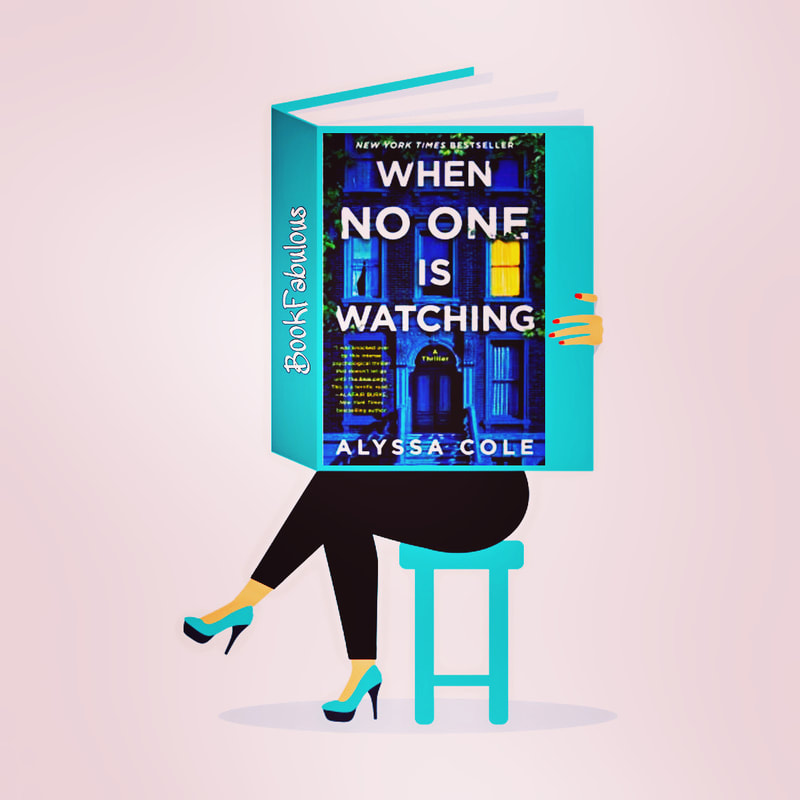
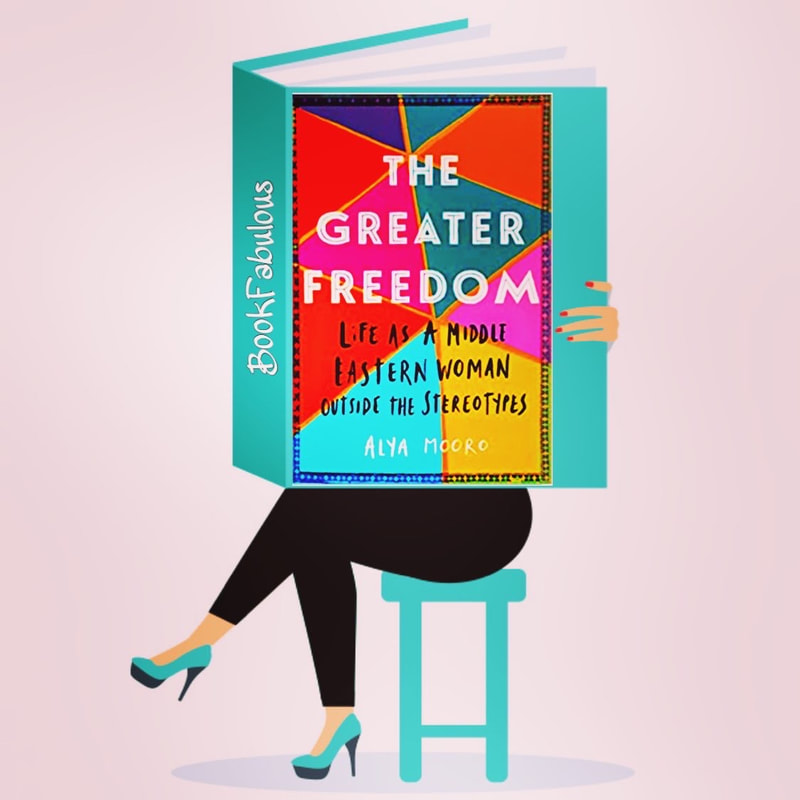
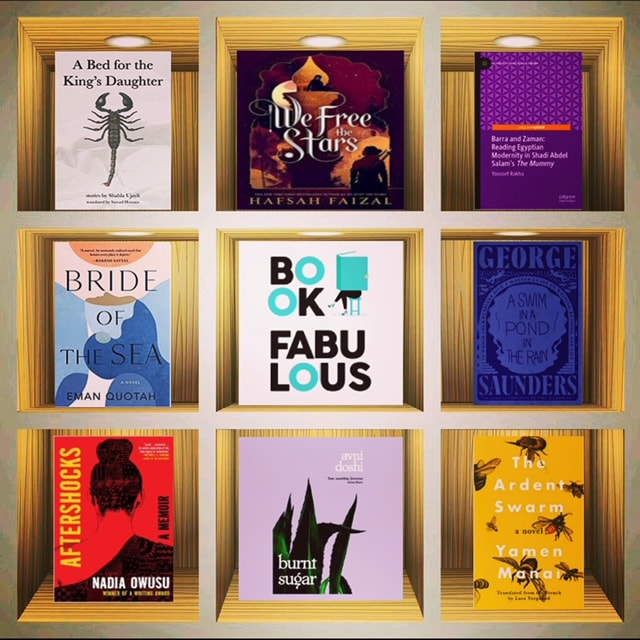
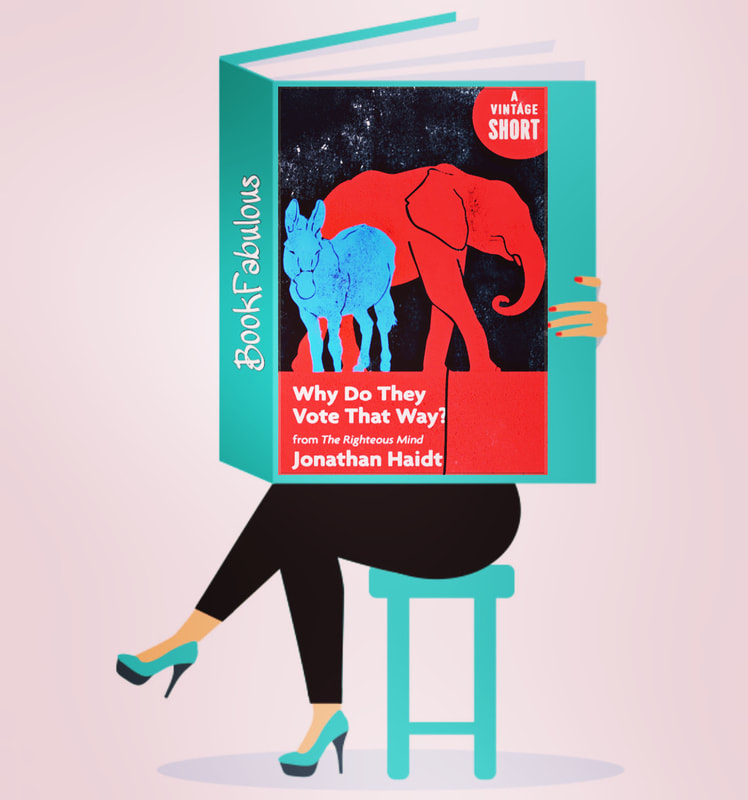
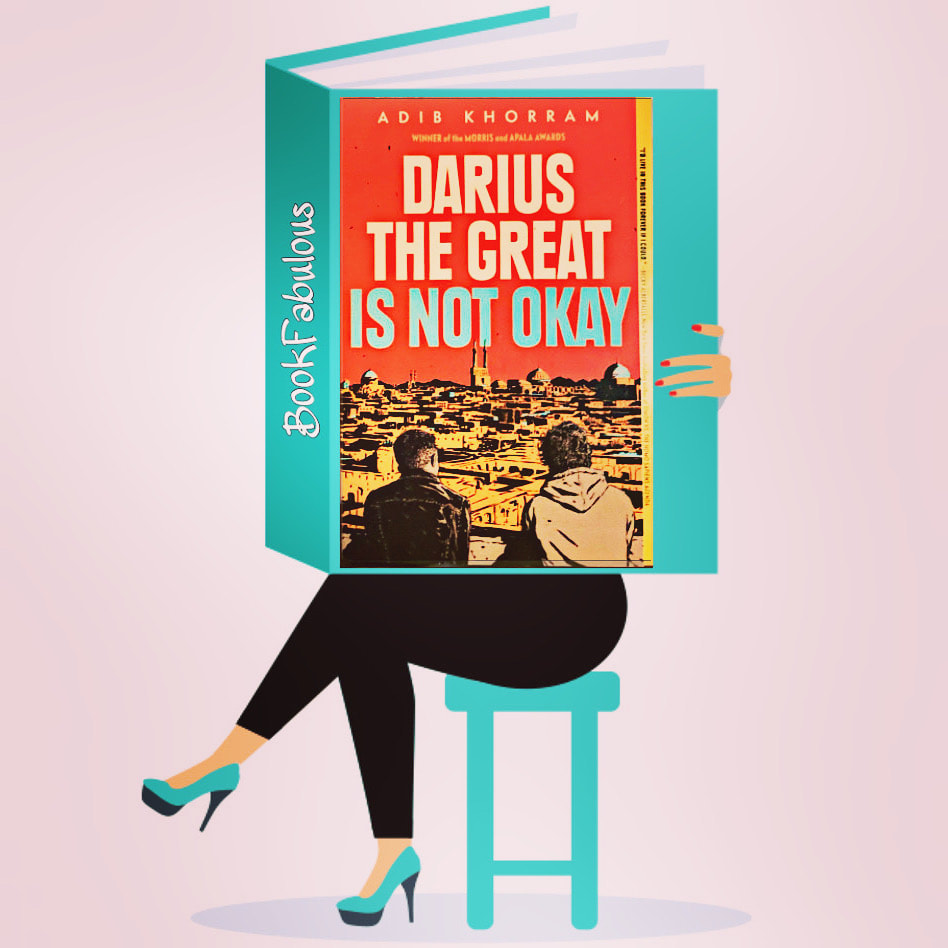
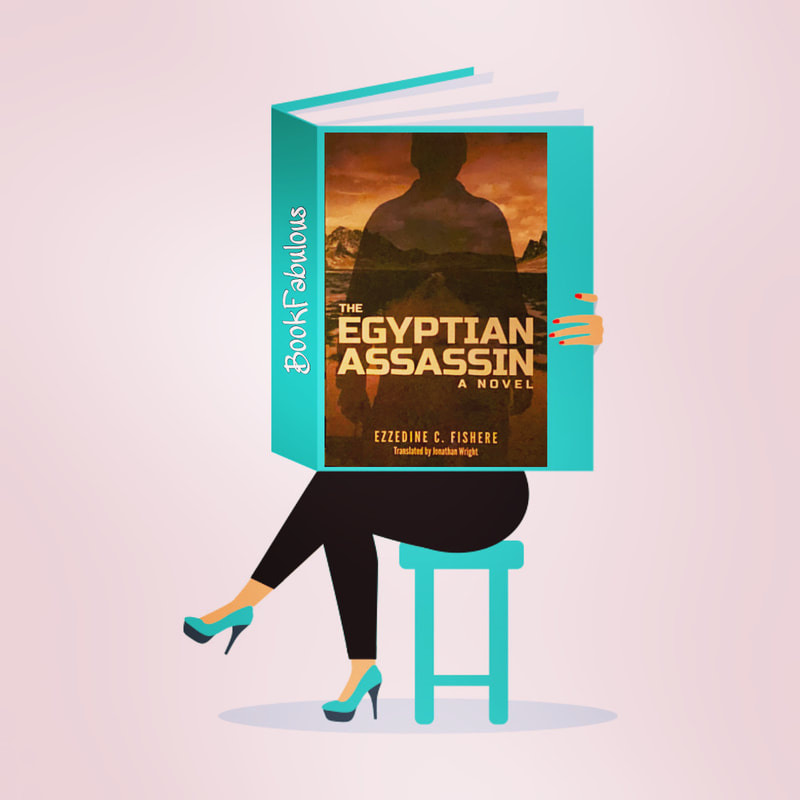
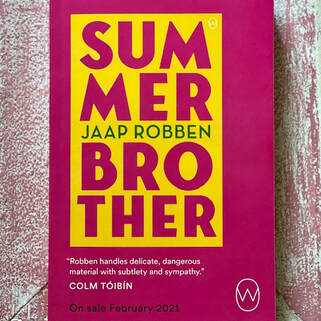
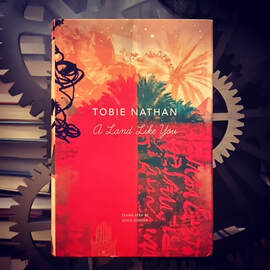

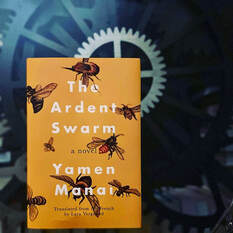
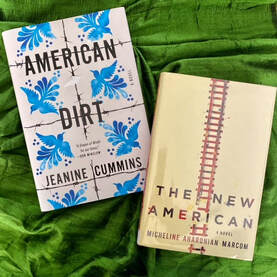
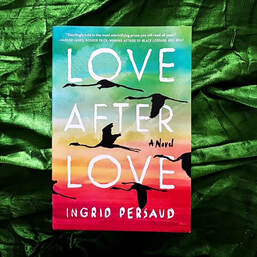
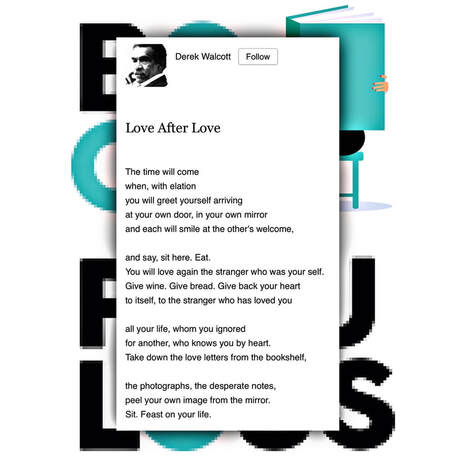
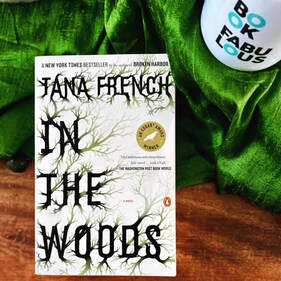
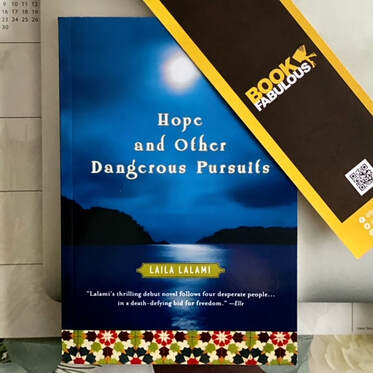


 RSS Feed
RSS Feed
